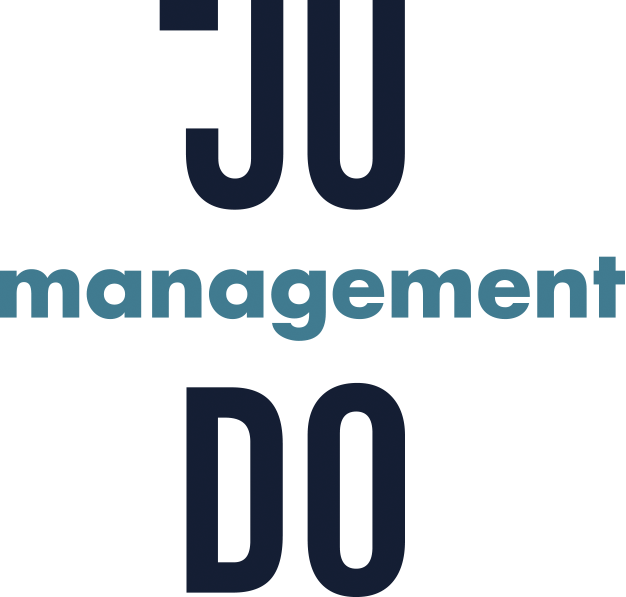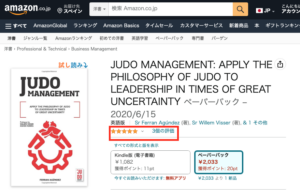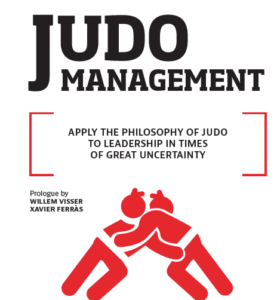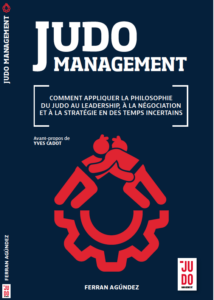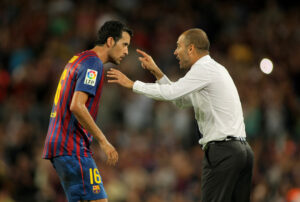In this article, Willem Visser, introduces the definition and purpose of coaching.
In English language a coach is a vehicle that is used for mainly long distances.
“Long distance” is in the point of view of this article a remarkable aspect, because later we will see that the best coaching can be done in long term projects.
If we use this English version of coach figurative, than we can make an analyse that a coach is transporting someone from one point to another point.
A more to be used definition is: helping others in their development and growth.
And another definition and in fact the purpose of coaching is to improve of learning possibilities and performances of others.
Nowadays coaching is also an instrument in business. In this case the definition can be: coaching increases the effectiveness of the leader of a company.
Also the term leading by coaching exists and it means that the leader is using a coaching style; the leader is making himself subservient to the professional in the company. The leader is mostly facilitating the professional in order to develop the performance.
This is a very modern style of leadership and can only be used by top level leaders (knowledge, experience and intuition).
– Coaching is a dynamic, continuously innovative process of action and interaction.
– Coaching is freeing someone’s potential qualities, so he/she performs as well as possible. It is not to teach, but encouraging to learn.
The essence of good coaching is building awareness and responsibility.
Awareness is to know what is happening around you; self-awareness is knowing what you are experiencing.
Responsibility is crucial to perform well and therefore the central concept in coaching.
And in all kind of coaching a coach have to learn, to study, to teach, to listen, to observe, to analyze, to think, to stimulate, to inspire and to work very hard.
Coaching must give more efficiency and being effective in high performance; coaching must help with development and grow.
GROW can also be a plan: GROW-model: Max Landsberg, ‘Tao of Coaching’:
- Goal: what are we working for?
- Reality: what is the begin situation?
- Options: what can we do?
- Wrap up: (evaluation), what information do we get by observing the sportsmen/women and what are we going to do with that?
Willem Visser
Executive coach, Strategic Adviser, International Lecturer 8th Dan Judo IJF
With gratitude to all my teachers, specialists, colleagues and especially all the judoka that I was allowed to guide and to coach.
Sources and inspiring professionals:
Van der Horst, Cobben, Abe, Saitoh, Yamashita, Uemura, Sugawara, Murata, Hosokawa, Komata, Takahashi, Nakamura, Kasuga, Kawashima, Kariya, Brousse, Besson, Rougé, Ruska, Geesink, de Cree, Barta, Vachun, Viser, Lascau, McConnell, Snijders, Sins, Hoogendijk, Boersma, Odinot, van Dijk, Klok, Landsberg, Covey, de Waal, DeCaluwe, Drucker, Franzen, Goldratt, Hammer, Kets de Vries, Kotler, Mastenbroek, Mintzberg, Peters, Porter, Quinn, ten Bos, Trompenaars, Vinke, Weggeman, Wissema and many others.
